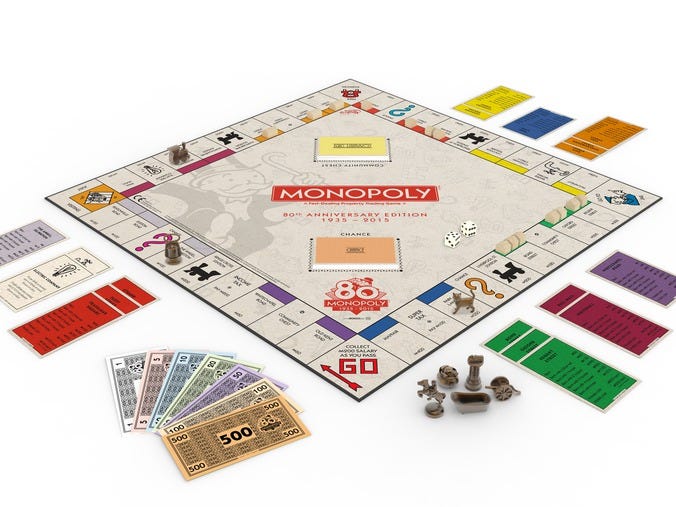

But in “Ruthless: Monopoly’s Secret History,” a new PBS documentary, we learn that this wasn’t always the case. Most games invite players to best their opponents few require such total humiliation as Monopoly. By the end of the game, all but one player sit, frowning, indebted to the friend or family member who has negotiated, through an infuriating combination of luck and avarice, domination of the board. Move by move, territory is lost to competing landlords, who work to bankrupt their rivals, acquire their assets, and establish a monopoly. The first player to land on a property tile has the option to buy the land, on which he can then build houses and hotels, and charge visitors rent. Each tile represents a major street or district in a real-world city. Players take turns moving their respective token around a square board. Most aficionados agree that Monopoly, if not a bad game, is at the very least designed to embitter its players. Monopoly probably wasn’t responsible, but it can’t have helped. It was an unhappy marriage, Perry writes, and they divorced when he was a baby.

In a recent memoir, the actor Matthew Perry, of “Friends,” reveals that his parents spent the hours before his birth playing the board game Monopoly.


 0 kommentar(er)
0 kommentar(er)
